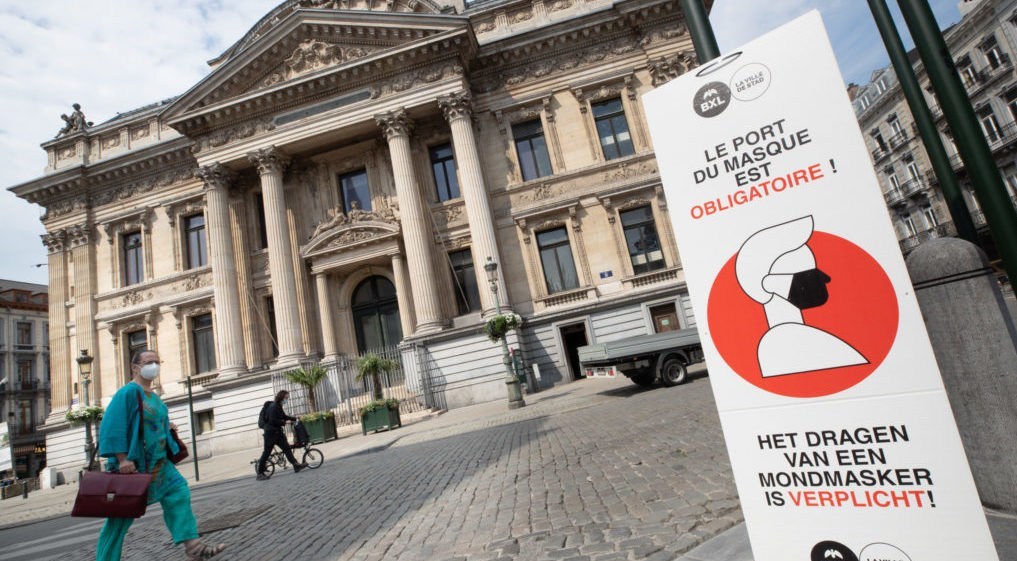The communication challenges faced regarding the inter-regional management of the coronavirus crisis have presented Belgium with an opportunity to discuss multilingualism and the role of English in Brussels, according to Brussels Minister for the Promotion of Multilingualism Sven Gatz.
Speaking to The Brussels Times, Gatz said that "the hiccups that the country encountered" during the handling of the coronavirus crisis triggered the "first movements" to redefine Belgium's language system.
“I think that this has presented an opportunity to discuss multilingualism in the country and that these discussions should include a modernisation of the law to consider English as one of the main languages in Brussels," he said.
Belgium's current language law dates back to 1966 and includes only French and Dutch as official languages in the Brussels-Capital Region, but “we have now discovered this is not very future proof," said Gatz.
The law - which regulates language use in administrative matters for all public authorities, both internally, between themselves, and with citizens - specifically states that all Brussels administrations should communicate in Dutch and French.
Related News
- Language frictions in Brussels are ‘part of multilingual reality,’ Sven Gatz says
- Non-native parents to receive better language support in Dutch-speaking schools
However, research by the city’s universities shows that, especially from the economic perspective, English has started playing a large role, with the Brussels labour market increasingly relying on people being fluent in English as well as French and Dutch.
According to the latest results from BRIO (2018), which has tracked the use and knowledge of languages in Brussels for 20 years, the number of people with a solid knowledge of English overtook those proficient in Dutch.
As it stands, English is currently spoken by one-third (33%) of Brussels, which Gatz refers to as "a point of no return", saying that the growing importance of English can no longer be ignored and that it should be given a more central role in the city as well as in the law.
Not a hindrance, but a source for success
English as a more neutral means of communication has also helped decrease the rivalry between the two official languages, which was previously "seen as a hindrance, but has now become a source for success," Gatz said, making this "the right time to promote multilingualism."
Gatz developed a multilingual policy, which he presented to the Brussels parliament in 2019, to implement different initiatives to further stimulate the use of French, Dutch, and English, as they are the most commonly used in the city.
However, making these changes on a federal level is a more difficult debate, as this could result in language feuds becoming heated again, Gatz explained, adding that "there are already many people who say that we should first learn each other's languages before prioritising English."
“But in Brussels, there is already large support to make these changes. I do think that here, we can show the way and can say that it is possible to work with these three languages,” he said.
While the demand for more English in official communication is growing among both politicians and citizens, the change can only be made by the Federal Chamber of Representatives or the Federal Chamber of the Government, as it concerns the Belgian institutional balances, Gatz explained.
Lauren Walker & Maïthé Chini
The Brussels Times

